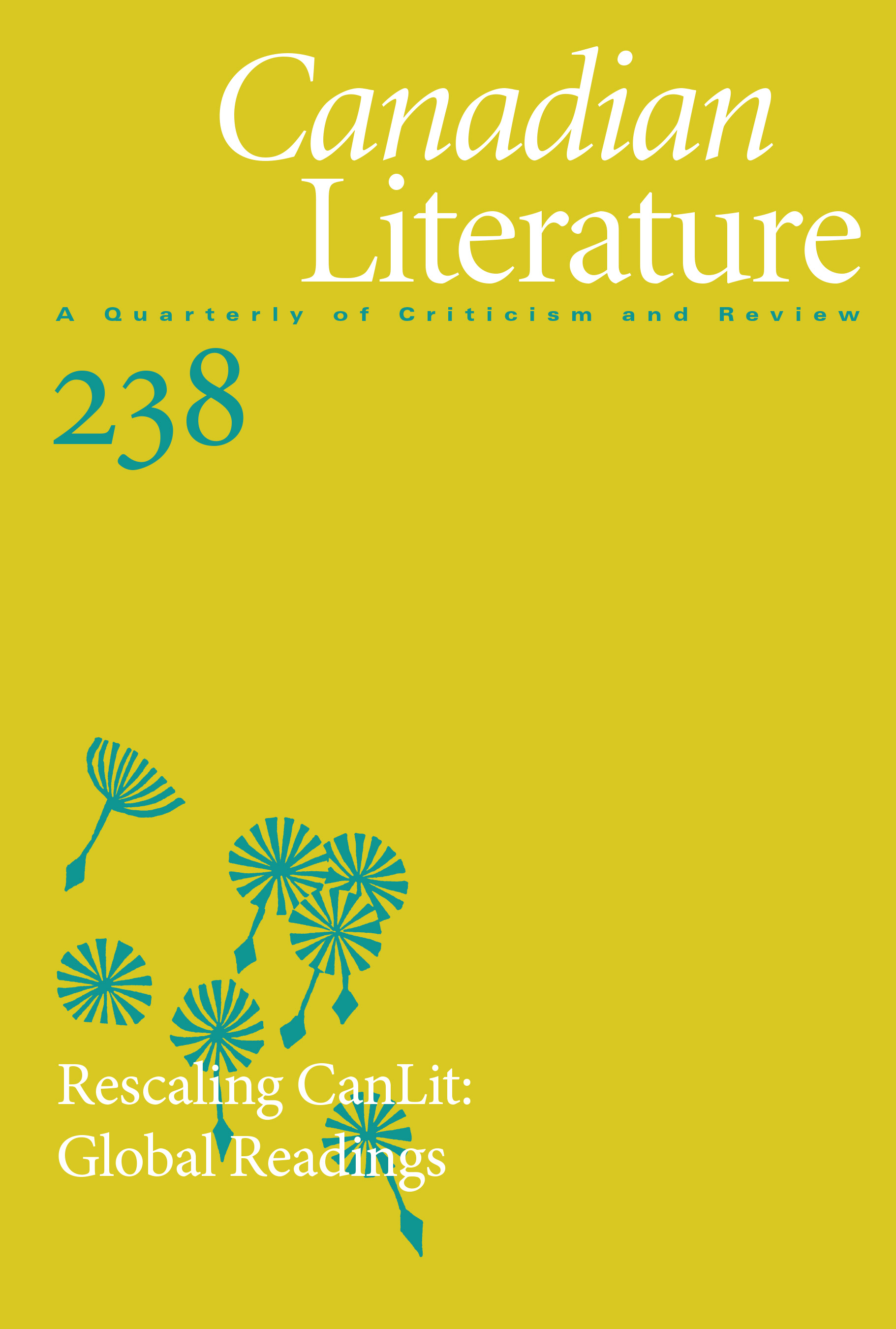Trauma Plots
Reading Contemporary Canadian First World War Fiction in a Comparative Perspective
DOI :
https://doi.org/10.14288/cl.v0i238.190445Résumé
The purpose of this article is to examine selected WWI Canadian novels published in the last forty years in relation to a transnational trauma paradigm. My contention is that, similarly to much contemporary British, French, Irish and Australian Great War fiction, the dominant theme of recent Canadian Great War novels is war trauma and its aftermath. Referring to the concepts of post-memory, wound culture, and trauma studies, I discuss various representations of suffering in Canadian WWI literature, such as the anxieties of shell shocked soldiers, survivor guilt, the distress of women, as well as the individual and collective wounds of colonized groups. Exploring the ethics and aesthetics of Canadian trauma plots, I also draw analogies with other national literatures. In conclusion, the article attempts to highlight the distinctive features of Canadian war literature by showing at the same time how it inscribes itself within certain transnational trends.


